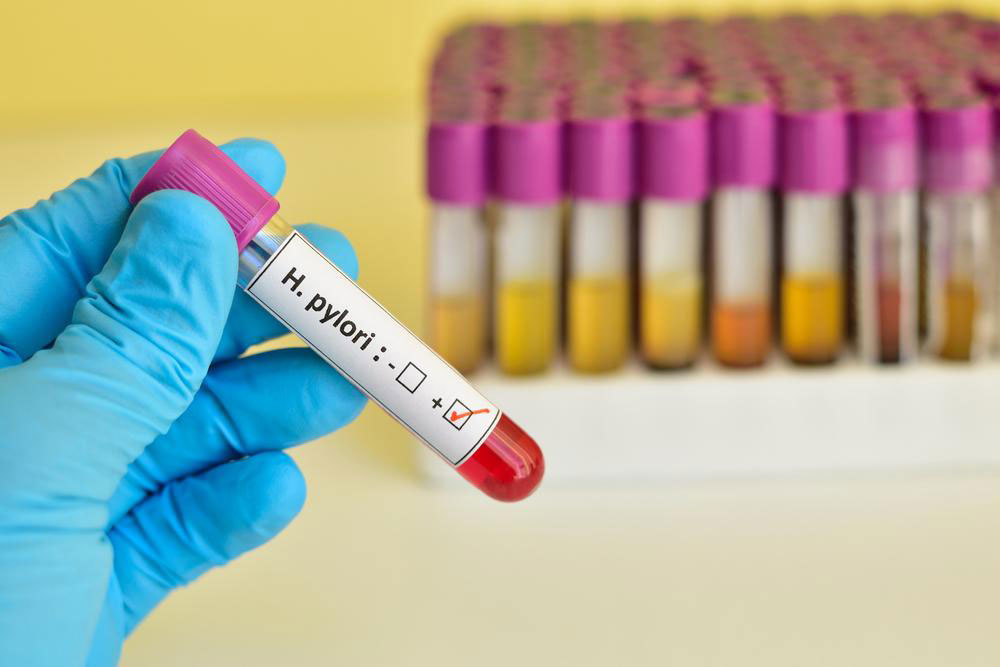Understanding H. pylori Infection: Causes, Symptoms, and Treatment
This article offers a comprehensive overview of H. pylori infection, including its transmission, symptoms, possible health risks, and effective treatment options. Early diagnosis and treatment are essential to prevent serious complications like ulcers and stomach cancer. Learn about symptoms to watch for and the importance of medical testing and care to manage this common bacterial infection effectively.

Understanding H. pylori Infection: Causes, Symptoms, and Treatment
H. pylori are bacteria that reside in the stomach and gastrointestinal tract, potentially leading to infections. Many individuals with H. pylori may not exhibit symptoms, making detection challenging.
How it Spreads
While the exact transmission method remains unclear, H. pylori can spread via:
Saliva from an infected person
Contact with infected vomit
Exposure to contaminated fecal matter
Common Symptoms
Many carriers remain asymptomatic, but symptoms may include:
Intense abdominal pain
Nausea and vomiting
Frequent burping
Bad breath
Unexplained weight loss
Bloating
Loss of appetite
Potential Risks
H. pylori can lead to various health complications, such as:
Ulcers: Damage to the stomach's protective lining
Gastritis: Inflammation of the stomach lining
Stomach cancer: Elevated risk in some cases
Treatment Options
Diagnosis of peptic ulcers often indicates H. pylori infection even if symptoms are absent. Treatment typically involves a combination of antibiotics and medications to promote stomach healing.
Usually, a dual antibiotic regimen is prescribed to prevent bacterial resistance.
Additional medicines may include acid inhibitors or protective agents for ulcers.
Follow-up testing occurs about four weeks after treatment completion to confirm eradication. If necessary, antibiotics may be adjusted.
Early intervention upon symptom onset and proper treatment can effectively resolve the infection and prevent complications.










